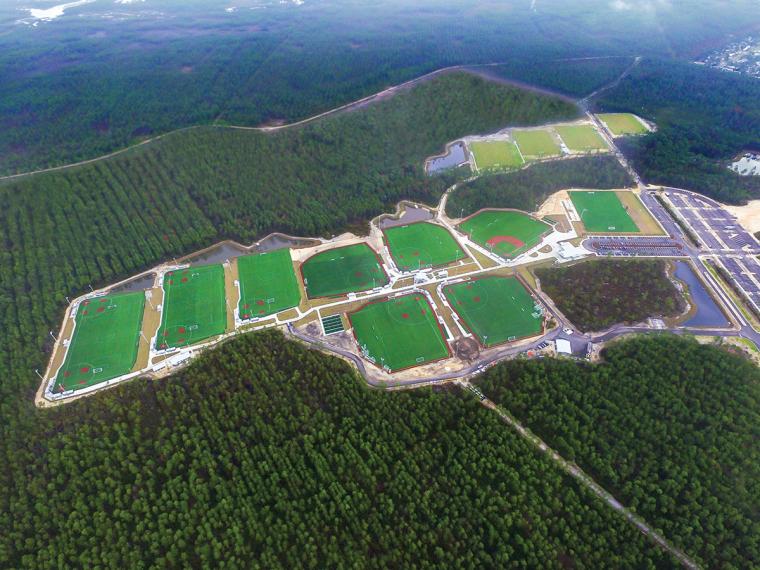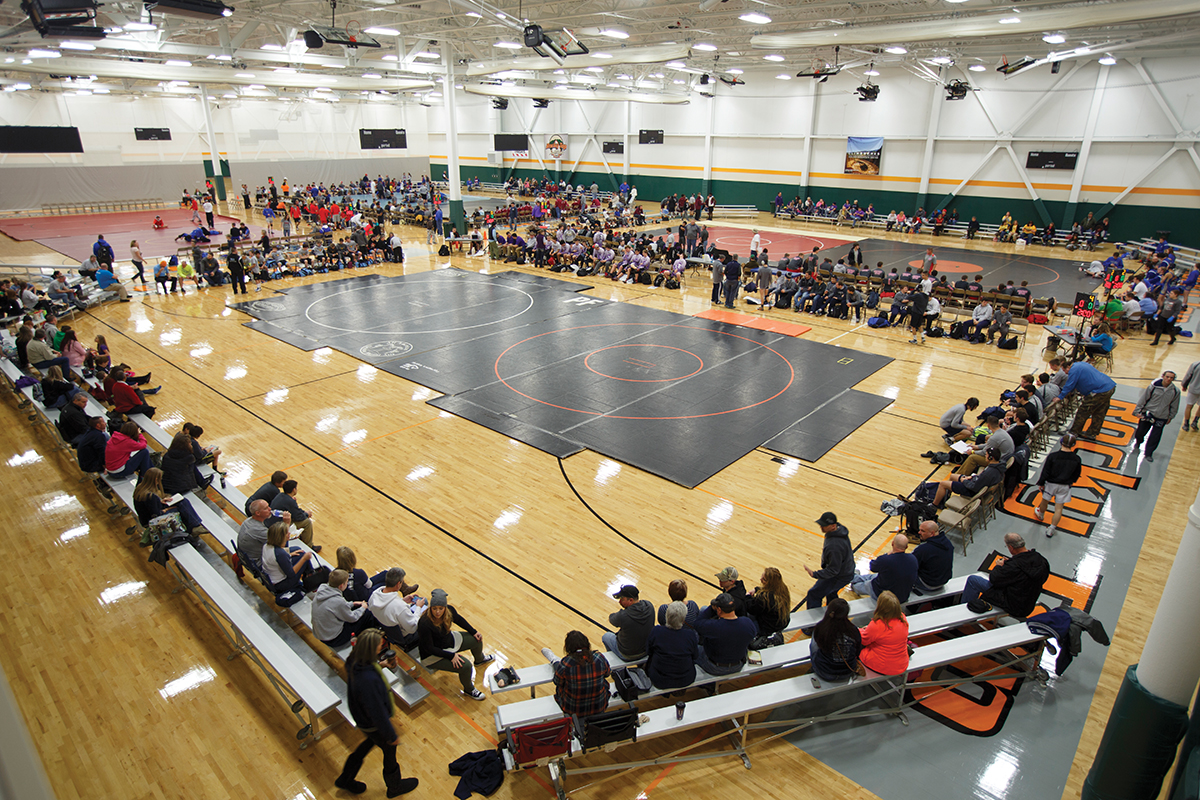

Doing this will require a comprehensive and aggressive approach for establishing your venue as the “go to” destination for efficiently run and successful events. Below is an outline of the necessary steps for doing just that. This approach will help you achieve positive outcomes when negotiating with events rights holders and build a solid reputation within your industry. This guide is broken down into three key areas, cornerstones (tasks that lay the groundwork for building a successful event calendar), considerations (what you need to know before entering into negotiation with event rights holders), and tips for negotiation. If you are new to event booking, this will be your road map to achieving success for your venue. If you’re a seasoned vet, this information can serve as an important reminder about the key steps for maintaining a strong venue brand.
Cornerstones:
- Your Strategic Plan: Before approaching events rights holders, you must have a clear understanding for the outcomes you want to achieve from hosting events. Do you manage a large indoor facility looking to attract national volleyball and basketball tournaments? Do you have the capacity to successfully host these types of events? Do you want to host smaller regional events? What percentage of annual revenue would you like to come from events? What percentage of revenue should come from sponsorship? These questions and the strategy you develop from your answers will help clarify the types of events that will help you achieve your definitions of success.
- Customer Experience: Commit to overdelivering to you customers – event rights holders and attendees. Whether you’re running an established venue or whether you’re the new kid on the block, it’s critical that people know that when they walk through your doors, they will have an experience that speaks to their specific needs and exceeds their expectations. Think about items, large and small, that enhance the overall experience. This may include Wi-Fi, play areas for non-participants, and staff who ensure that guests always know where to go. It’s also important to take care of the officials, dignitaries and event staff coming to your facility. Simple gestures such as catered meals, hand warmers and welcome bags in hotel rooms can go a long way in building your venue’s reputation in a positive manner.
Considerations
With a strategic plan in place that states the types of events that you would like to host at your facility and reflects your revenue projections and expenses, you can start approaching event rights holders and building your calendar. These questions should be a part of every negotiation:
- Does your venue and destination make sense for a particular event? Is your venue similar to those that have hosted the event in the past? Does it fit the participant requirements? Is it large enough? Does it fit the technical requirements (specifically for television or streaming broadcasts)?
- Where are your core participant teams and families coming from? Do they live within an hour of the facility or further? Are they driving to your destination or flying? Will they be staying in local hotels? These questions will help you consider what strategic local partners can aid you in the pursuit of certain events as well as what amenities will resonate with guests.
- Is there a local base of teams to draw from or is the sport popular in your region? For new venues, it’s important to have an established base for people participating in a particular sport. Having this lets the event rights holder know that there will be local teams that will likely register for the tournament. It’s much easier to grow an event when you have a set of teams that don’t have to travel very far to participate.
- What events would you be competing with? These could be events in the same sport being hosted at your venue on the previous or following weeks or other large regional events that will compete for teams on the proposed weekend. If you’re already hosting similar events within the same time frame, it may be hard to get traveling teams to come back to your venue in such a short time. If there are larger events taking place during the time that you would be hosting an event, you may lose out on teams or participants. Understanding the type of events that you’d like to host, analyze both competing venues and the events that you intend to pursue. Also, examine events that are not on your radar. This analysis will help you pinpoint the right events for your facility and schedule them at the times that are most advantageous for all parties.
Tips for Negotiating
- Transparency and Communication: Communication is critical when booking events. Knowing the types of events that work best for a given facility, you can begin to build relationships with event rights holders. There are a number of ways to meet and engage with them including conferences with virtual components (or, in time, face-to-face components).
- It’s also critical to have an honest line of communication in negotiations, rooted in the shared interested of hosting an event that participants and families will rave about. The discussion should focus on event revenues and expenses and it should be determined what the event needs to make in order to be profitable. From a venue standpoint, it’s important to express what the event needs to offer in terms of revenues and exposure in order to be valuable in the current and subsequent years. If you can look at all revenue opportunities, you can explore ways to share risk and reward.
- Set timelines, goals, roles and procedures for each event: When you’ve established a relationship, it’s time to lay the groundwork for a successful event. Having a system in place that shows when planning milestones should take place and an understanding of who’s accountable for specific tasks makes achieving a positive outcome much more likely.
- Find ways to make each event efficient: Part of being a highly sought-after partner is working to make the event as efficient as possible. If your goal is to bring an event back to a venue year after year, it makes sense to tap into your resources to recruit local referees/officials, scorekeepers, security or trainers at a lower cost than a non-local event owner would normally receive. Performing this duty may not necessarily be in your agreement, but it’s this extra level of service that can separate you from other facilities being considered for events.
- Partner with your local community: When a venue hosts a successful event, especially one that brings new people to your community, everyone wins. That’s why it is crucial to bring local champions to the table in support of each event. Perhaps it’s a local club that can provide volunteers or a sports commission that can assist with the necessary permits. Additionally, many event owners are looking for sponsorship revenues. Your ability to connect them with local businesses can provide the leverage you need to secure a great event.
Even during difficult times, it’s critical to commit to the fundamental steps for booking events. While others are being cautious or hesitant, you can win by moving ahead. The time is now to establish the types of events that you want to host, assess the competitive landscape, build relationships with event owners and your local community, and provide impeccable service. By doing this, you’ll position your facility well for a full recovery. SDM
